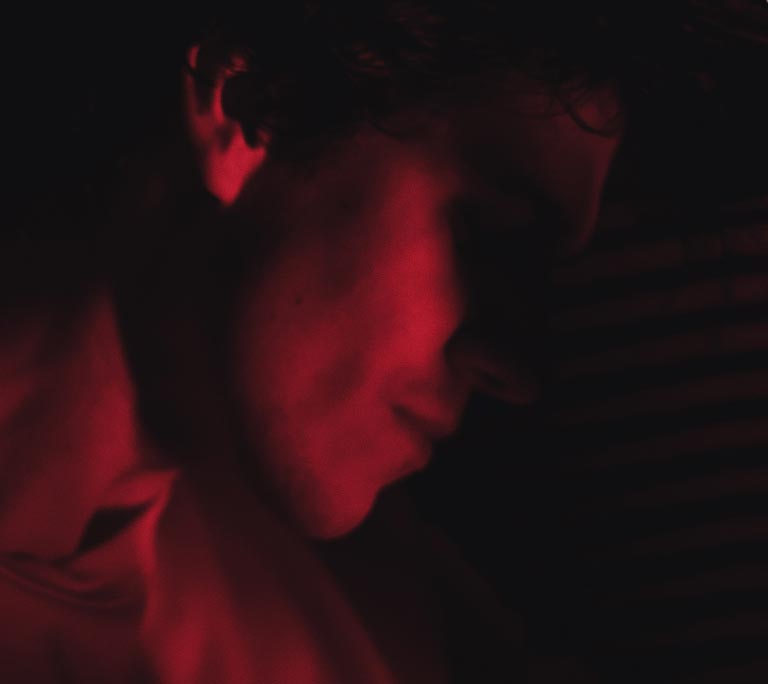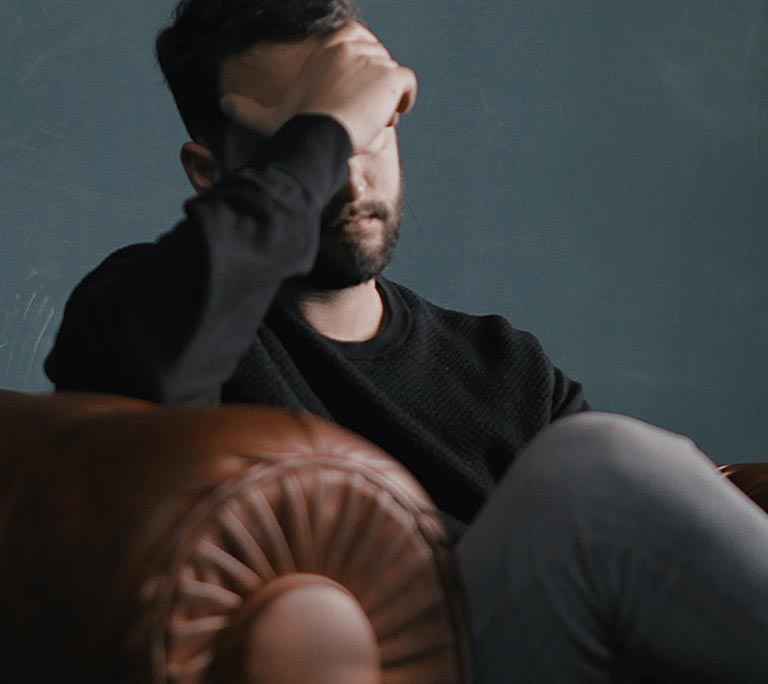What is pornography addiction?

Alcohol, drug, gambling and sex addictions typically have adverse consequences for the individual, and pornography addiction is no different. This can include interference in daily life, such as in hobbies and work, as well as in relationships with friends, family and colleagues.
Due to a lack of formal classification, the prevalence of such addiction is considered difficult to determine. That being said, a study published in the Journal of Clinical Medicine in 2019 suggests that between three and six per cent of people may suffer from an addiction to pornography.
What are the signs of pornography addiction?
These include the following:
- Viewing pornography interferes with daily life, including work, hobbies and relationships
- Wanting to stop watching pornography but being unable to do so
- A person’s sex life becomes less satisfying as a result of viewing pornography
- Pornography causes relationship issues or makes a person feel less satisfied with their partner
- Engaging in risky behaviour to view pornography, such as doing so at work
- Ignoring other responsibilities to view pornography
- Feeling shame or guilt after watching pornography but continuing to do so
- Spending money on pornography at the expense of daily necessities
- Using pornography to cope with issues, such as anxiety, depression or insomnia
“How can I be substantial if I do not cast a shadow? I must have a dark side also If I am to be whole.”
Carl Gustav Jung

What are the causes of pornography addiction?
Despite disagreements over the nature of an addiction to pornography, including the denial by some communities that the disorder even exists, those who agree on its existence point towards a number of causes for the condition.
Underlying mental health conditions are the most frequently cited by experts, suggesting that the affected person may resort to viewing pornography as a form of escape from psychological distress. For those thought to have an addiction, consuming pornography offers a quick release and temporarily allows them to forget their day-to-day worries without confronting them head on. Relationship issues have also been linked to pornography addiction, with sexual dissatisfaction thought to be amongst the most common reasons.
As some believe to be the case with regards to all forms of addiction, there is also an argument that biological factors are at play when it comes to an addiction to pornography, with some groups of people more susceptible to compulsive behaviour wherever a short-lasting hit of dopamine is derived, such as with gambling and drugs.

What are the treatments available for pornography addiction?
There is currently no specific treatment for a suspected addiction to pornography, with many medical and psychiatric professionals indicating that addressing related issues, such as relationship problems and mental health complications, could be an effective way of controlling the addiction.
This could include relationship counselling, cognitive behavioural therapy (CBT) and antidepressant medication. Committing to lifestyle changes is also thought to be an effective solution for some, particularly those who resort to viewing pornography excessively out of boredom rather than because they are suffering from mental health problems or experiencing relationship issues.
Contact Us Today
Contact Us by email

-su.jpg/$file/pornography-addiction($1$)-su.jpg)